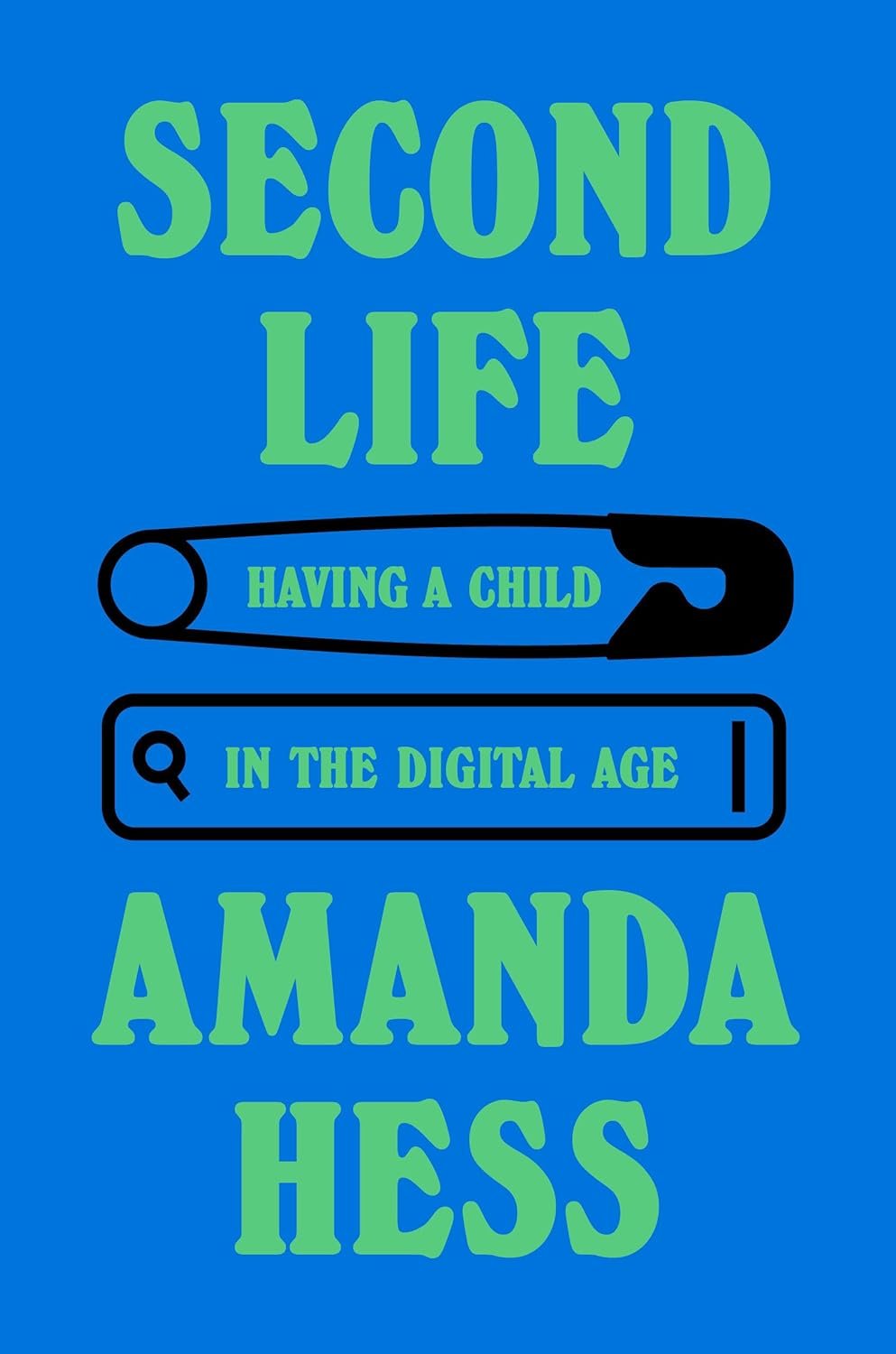Book Review: Second Life: Having a Child in the Digital Age by L. Hess
As a book blogger and a millennial myself, I couldn’t help but feel a magnetic pull toward Second Life: Having a Child in the Digital Age by L. Hess. The title echoes so much of what we, as parents—or soon-to-be parents—navigate in this tech-saturated landscape. Hess’s memoir offers a snapshot of modern parenting that is as relatable as it is relevant.
From the outset, Hess invites us into her personal journey, sharing candid anecdotes that resonate on a deeply human level. She touches on the challenges of parenting with the creeping influence of technology. Yet, as much as this book is filled with heartfelt moments and raw honesty, there is a paradox lurking within its pages: the limitations of memoir as a lens through which broad societal issues are explored.
Hess lightly skims over significant topics that could have benefited from deeper exploration. For instance, her assertions about technology’s role in our perceptions of pregnancy and miscarriage could have broken new ground had she employed a more sociological approach. The notion that improved tech allows us to track chemical pregnancies—experiences that our grandmothers would not have even registered—raises important questions about how societal expectations around conception and pregnancy have morphed in the era of ovulation apps and tracking devices. It seems that in our desire to monitor every detail, we are redefining what it means to conceive and, arguably, even to "suffer" a loss.
Similarly, Hess’s observations on disability feel muted, perhaps a necessity given her position as a mother rather than a disabled person. While she offers thoughtful perspectives on the stigma surrounding developmental milestones—how our obsession with them can lead to a form of fetishized ableism—there is a missed opportunity for deeper critique. How can social media, meant to connect parents and set them at ease, inadvertently create divides? This question lingers in the air, begging for a more thorough examination.
Yet, where Hess shines is in her candid observations about social justice and its intersections with parenting. She presents a compelling case about how millennial parents may equate their child-rearing practices with activism, arguing that raising “anti-racist” children becomes a convenient shield against broader societal issues. This insight struck a chord with me—how easy it is to focus on our immediate responsibilities while sometimes overlooking the larger narrative of community and support.
Hess’s writing style is warm and intimate, making readers feel as though they are sharing a cup of tea with a close friend. While I appreciated her storytelling, I couldn’t shake the feeling that a more analytical framework could have elevated the discourse on the nuances of contemporary parenting.
Overall, Second Life is a worthwhile read for anyone interested in the intersection of technology, parenting, and social justice. It’s a book that invites conversation, reflection, and at times, discomfort—somewhat akin to the parenting journey itself. For those who navigate the complexities of raising children in our digital age, Hess’s insights may resonate deeply, leaving you pondering your own experiences long after turning the last page.
If you’re a parent, soon-to-be parent, or simply curious about the modern dynamics of raising children amidst the chaos of technology and social media, this book offers not just a memoir, but a springboard into deeper discussions. In reading Second Life, I found not only a reflection of my realities but also an invitation to think more critically about the narratives we live by.
Discover more about Second Life: Having a Child in the Digital Age on GoodReads >>







